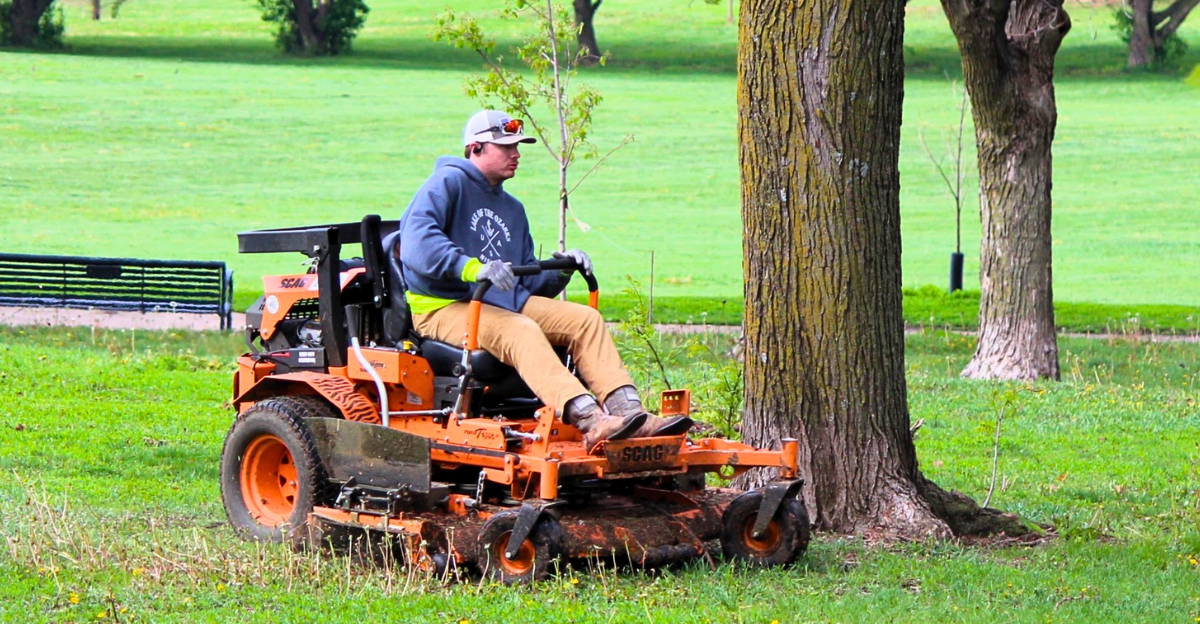
Across America, a big change is taking place in neighborhoods from coast to coast. Cities are fighting against an unlikely enemy that’s been hiding in plain sight for decades.
This common lawn care tool faces extinction as municipalities take unprecedented action. The stakes involve millions of dollars in fines and thousands of landscaping businesses scrambling to adapt.
Mounting Pressure

Over 200 US cities have already implemented restrictions on gas-powered lawn equipment, and momentum is accelerating rapidly. According to a PennEnvironment study, gas lawn and garden equipment in Philadelphia emitted over 50,000 tons of air pollutants in 2020, exceeding emissions from 400,000 vehicles.
Health advocates have warned of permanent hearing damage after just 15 minutes of exposure at peak decibel levels.
Severe Air Quality Concerns
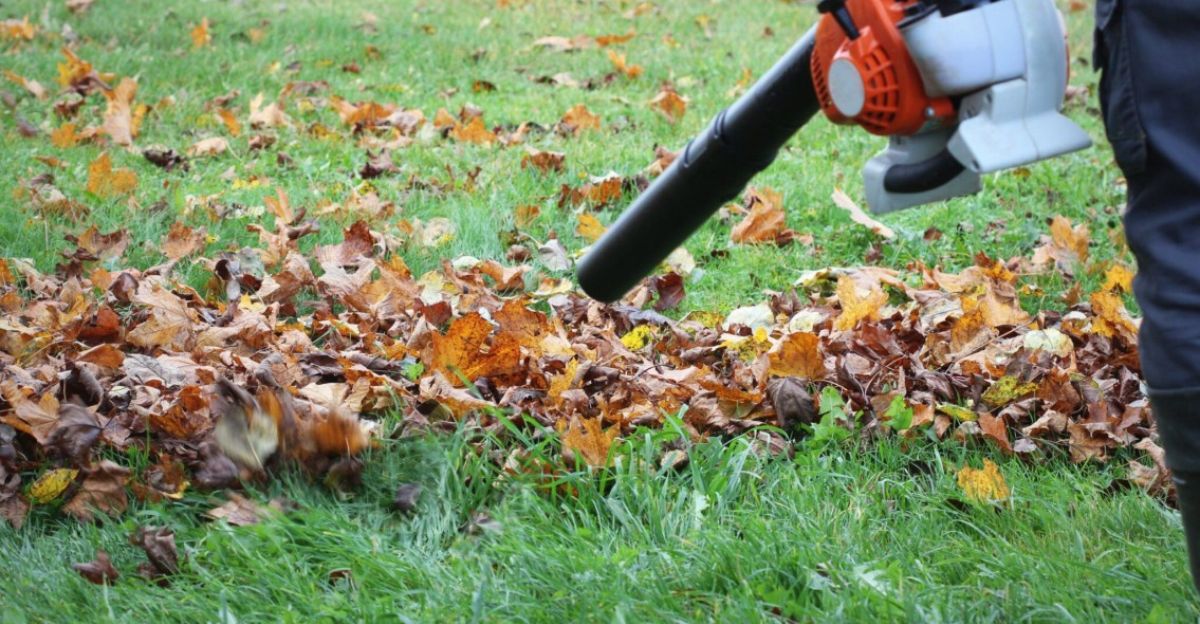
California implemented restrictions in the 1990s because of severe air quality concerns. The state’s Air Resources Board discovered that one hour of using a leaf blower equals driving 1,100 miles worth of smog-forming pollution.
By 2021, Governor Newsom signed AB1346, banning sales of gas-powered equipment by 2024. This landmark legislation sparked a nationwide movement that’s now reaching critical mass.
Industry Resistance

Industry resistance is crumbling as electric alternatives prove increasingly viable. Research shows gas blowers can be insanely loud, reaching over 100 decibels, which is about as loud as jet engines, and their low-frequency noise can even go through walls.
The World Health Organization says anything above 55 decibels can harm your health. On top of that, two-stroke engines release 30% of fuel unburned, pumping out toxic clouds full of harmful stuff like benzene, formaldehyde, and other cancer-causing chemicals.
Enforcement Begins
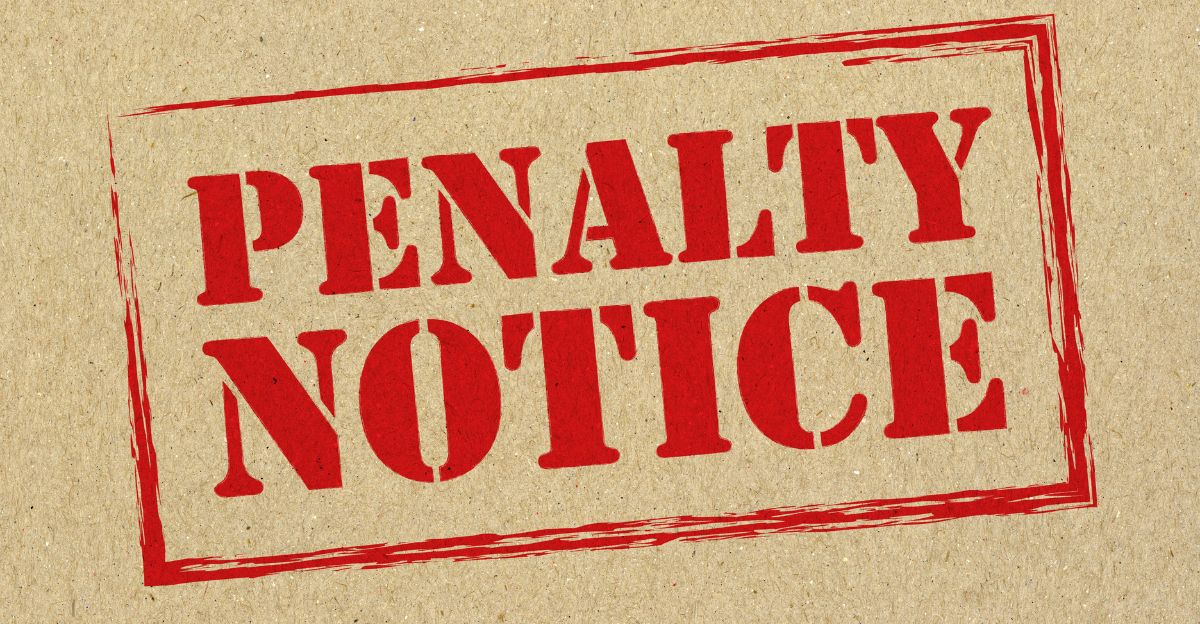
From July 1, 2025, Washington DC actively enforces $500 fines per violation for using gas-powered leaf blowers. On top of that, Montgomery County, Maryland has followed suit with identical penalties.
Meanwhile, Miami Beach is already issuing progressive fines: $250 for the first offense, $500 for the second, $1,000 for the third. Enforcement relies on citizen complaints with photographic evidence submitted within seven days.
Regional Impact

Small California cities have joined the enforcement wave. Menlo Park is issuing escalating fines from $50 to $500 for repeat violations. What’s interesting is that property owners bear responsibility even when contractors violate rules.
Police require direct observation for citations. Burlington, Palo Alto, Berkeley, and Oakland have already enforced similar bans. However, Texas and Florida are pushing back, protecting oil interests by preventing local prohibitions.
Human Stories

“Preparing our city to withstand global warming is perhaps the most important task we have right now,” says Philadelphia Councilmember Jamie Gauthier. Landscape workers are facing triple-priced electric equipment that performs poorly.
Councilmember Gabe Albornoz worries: “We’re setting everyone up for failure.” Many immigrant workers fear that photo-based reporting systems could disrupt their already volatile lives.
Industry Adaptation

Major manufacturers are now moving toward electric models as California’s ban eliminates their largest market. Rebate programs have also emerged nationwide: Rhode Island offers $1,500 per blower, Ann Arbor provides $400 rebates, and DC Sustainable Energy Utility funds commercial transitions.
Battery technology is advancing rapidly, though commercial-grade batteries cost $1,600 each. Landscapers have reported needing multiple batteries for full workdays.
Macro Implications

This movement reflects broader environmental justice concerns. Low-income workers suffer disproportionate health impacts from two-stroke engines, which have been phased out in most industries except landscaping.
Studies have linked exposure to cardiovascular disease, respiratory illness, possible autism, and dementia. Meanwhile, states are witnessing political battles between environmental protection and economic interests, fracturing along predictable partisan lines.
Shocking Discoveries

California researchers have revealed the stunning truth: one hour operating a gas leaf blower produces emissions equivalent to driving a Toyota Camry from Los Angeles to Denver, which is 1,100 miles.
The two-stroke engines emit 23 times more carbon monoxide and 300 times more hydrocarbons than a Ford F-150 truck. This revelation has transformed public perception overnight.
Internal Conflicts

Montgomery County’s enforcement faces immediate resistance. Councilmember Albornoz has introduced legislation exempting landscapers during the peak season, which is October through January.
“Electric commercial leaf blowers cost three times more than gas-powered versions and don’t operate as effectively,” he argued. County Executive Marc Elrich has opposed these exemptions: “Battery-powered alternatives are now reliable and affordable.” The council remains deadlocked.
Leadership Shifts

However, one major city, Philadelphia’s proposed ban, titled “Noise and Excessive Vibration,” remains stuck in committee despite Councilmember Curtis Jones’s December introduction.
Environmental Committee Chair Jamie Gauthier pledges full support while Mayor Cherelle Parker’s administration ironically uses gas blowers for city cleanup initiatives. The legislation’s fate depends on Public Safety Committee approval, creating unusual political alliances.
Strategic Response

Meanwhile, cities have implemented phased approaches to ease these transitions. Miami Beach provided 18-month warning periods before enforcement. Montgomery County banned sales in 2024 and use in 2025.
Rebate programs proliferate: businesses receive up to $5,000 in Ann Arbor, while Rhode Island adds $250 bonuses for high-asthma areas. Hardware stores offer community discounts on electric models.
Expert Skepticism
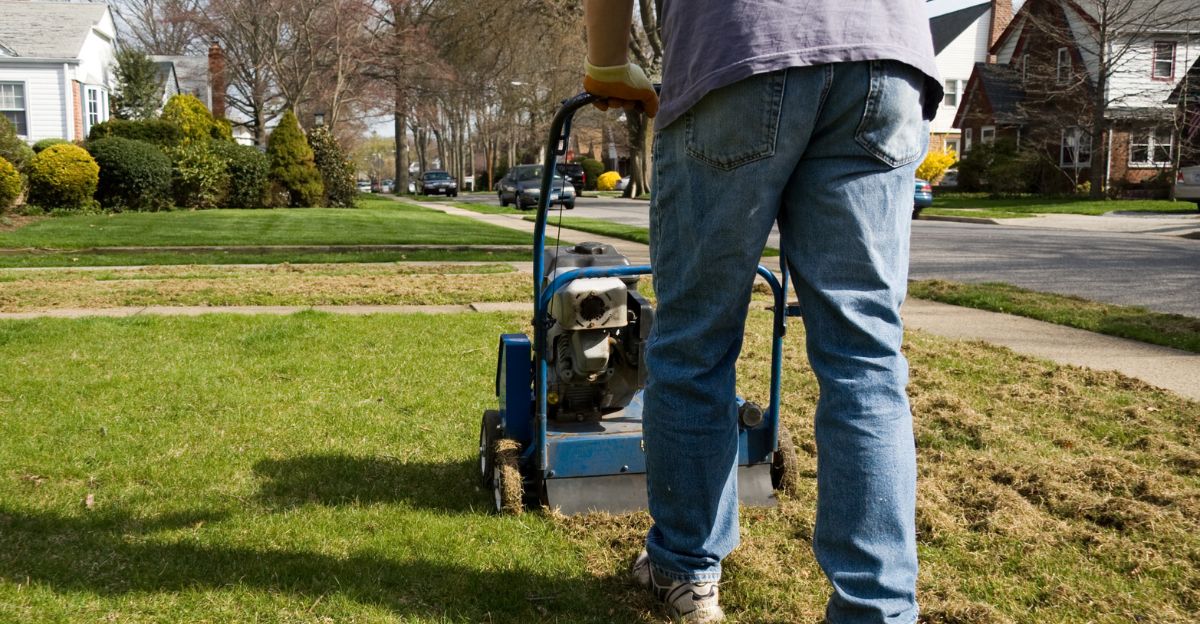
Acoustics firm Arup has confirmed that gas leaf blowers can be heard clearly from 800 feet away, while electric ones blend into background noise at that distance. Gas blowers produce low-frequency sounds that easily pass through windows and walls.
Enforcement remains challenging – many question whether neighbors will actually photograph landscapers, and some predict people will buy gas equipment from states without bans.
Future Questions

What happens when federal property exemptions create enforcement gaps? DC’s ban excludes federal buildings and foreign embassies, potentially undermining neighborhood-wide benefits.
Will California’s secondhand market explode as 2023-model gas blowers become valuable commodities? Can battery technology advance quickly enough to meet commercial demands before widespread business failures? Only time will tell.
Political Ramifications

State-level preemption battles are intensifying as Texas and Florida block local bans to protect fossil fuel interests. Environmental groups mobilize voter campaigns highlighting health impacts on children and the elderly.
The issue unexpectedly divides traditional coalitions: labor unions supporting immigrant workers clash with environmental justice advocates. November elections could determine whether federal intervention becomes necessary.
International Perspective

European cities are watching American experiments closely. Paris is considering similar restrictions following successful DC implementation. Canadian municipalities have also requested data on enforcement mechanisms and compliance rates.
The global lawn care equipment market, which is valued at $30 billion, is facing fundamental disruption. Manufacturing shifts to Asia are accelerating as companies abandon gas-powered production lines entirely.
Legal Challenges
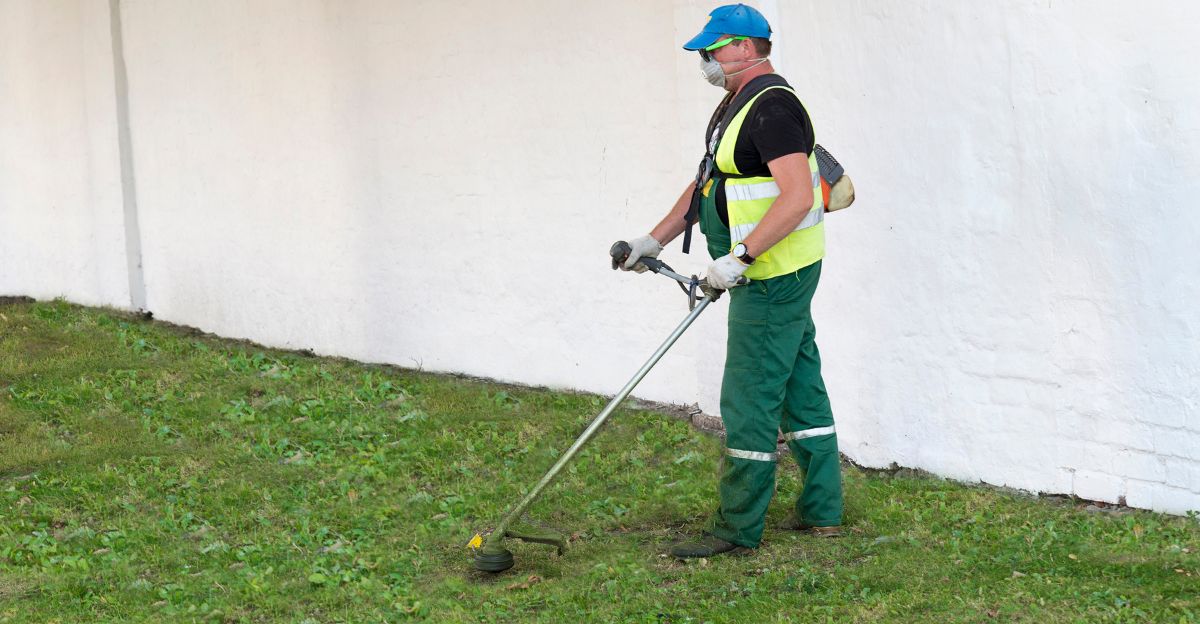
New Jersey’s Montclair ordinance also faces first-of-its-kind litigation challenging municipal authority over interstate commerce. Property rights advocates argue enforcement mechanisms violate Fourth Amendment protections against warrantless surveillance.
Questions have emerged about liability when neighboring properties report violations. Constitutional scholars have predicted Supreme Court involvement as circuit splits develop over the preemption doctrine.
Cultural Shifts

Younger homeowners are embracing the “quiet neighborhoods” movement, viewing gas blowers as outdated technology. Social media campaigns are now showcasing quieter Saturday mornings. However, generational divides have emerged as older residents resist change while millennials demand environmental action.
The debate transcends equipment choices, becoming symbolic of broader climate action commitments and community values about shared spaces.
Broader Meaning

The leaf blower wars represent America’s struggle to balance economic interests, worker welfare, and environmental protection. These local battles foreshadow coming conflicts over gas stoves, water heaters, and vehicles.
Success or failure here signals society’s readiness for larger transitions ahead. The question isn’t whether change will come, but whether communities can navigate transformation without leaving vulnerable populations behind.